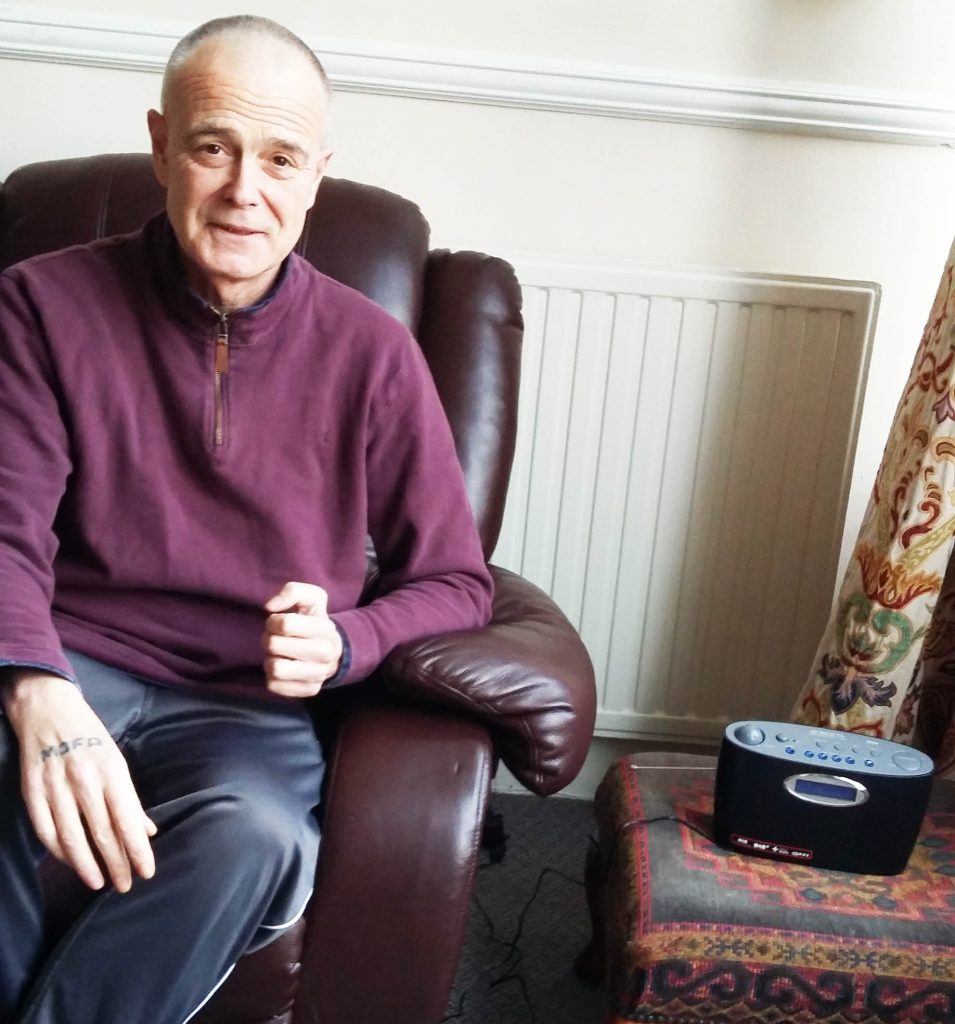
Many homeless people don’t want to admit their situation to friends and family, colleagues or school friends, and can feel that their secret isolates them from those around them. Not having a home makes it impossible to invite someone over for coffee and a chat, and having no disposable income means that going to the cinema or a restaurant with friends is out of bounds. When having the freedom to spend time with friends and family becomes unaffordable, people can quickly become lonely.
When people become homeless, they lose highly valued relationships with family and friends. On the streets, people feel a sense of rejection by those not experiencing homelessness. Precarious connections with other homeless can often become people’s only form of social contact, which can be both supportive and troubling.
One of the biggest challenges for people who have been homeless is then moving into independent living. This can mean people are separated again from the connections they have made with people who work in the hostel or on the streets. Often, moving into a new place, all alone can be the biggest steps for people in their aim to settle back into a ‘normal life’.
How does technology help?
For a person moving into independent accommodation after living on the streets, a tablet computer can be a route to education. It can also be a means of distraction, a tool for job hunting and a way to stay in touch with friends and family.




